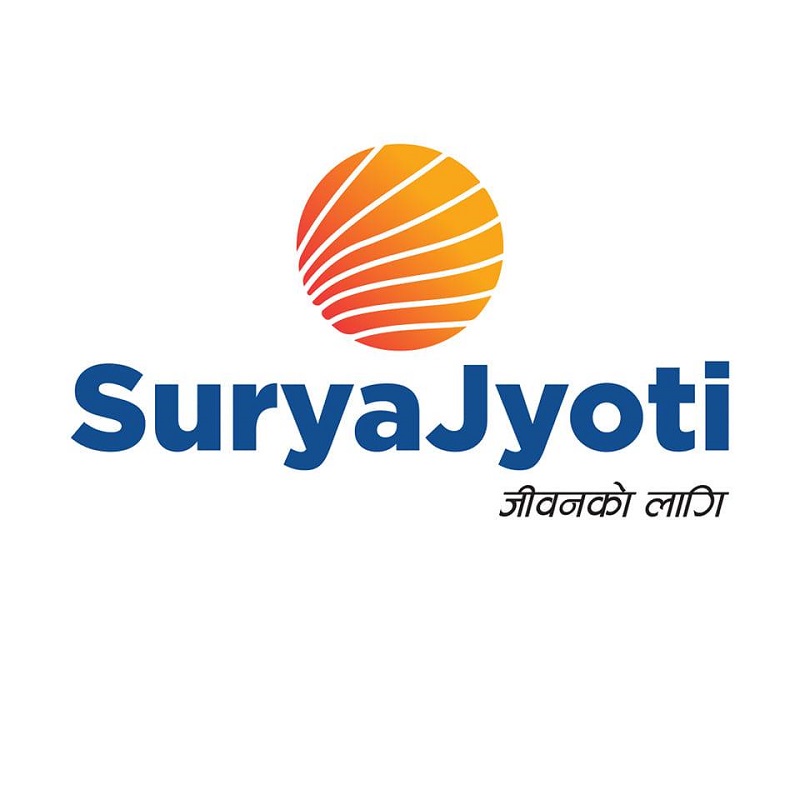How The Cell Phones Of Spring Breakers Who Flouted Coronavirus Warnings Were Tracked
People avoiding the coronavirus warnings and exercising in Miami Beach, Florida on March 18, 2020. (Source: Cliff Hawkins/Getty Images)
April 06, 2020, Kathmandu
The Trump administration has focused on tracking the spread of coronavirus since its global outbreak. For this purpose, it wants to use America’s smartphone location data in order to combat the spread of COVID-19.
A pair of US data companies are making a public pitch to show how it might actually work.
Tech companies like X-Mode and Tectonix focused on a high-profile case that involved spring breakers flouting coronavirus warnings. Spring breakers had made the news 2 weeks ago when they ignored the warnings to practice social distancing.
The tracking data displays where people went after they visited the beach. Apparently, they spread out all across the country to major cities including New York and Chicago. In fact, they possibly brought the virus with them.
People avoiding the coronavirus warnings and exercising in Miami Beach, Florida on March 18, 2020. (Source: Cliff Hawkins/Getty Images)
How Does The Tracking Works?
X-Mode says it provides location tracking services to app makers for the likes of weather and transit apps. The location tracking of the spring breakers with those apps could’ve been possible. X-Mode says the data it collects and provides to advertisers and other companies is anonymous. So, it doesn’t give the individual’s data. Similarly, the company did not provide the names of the apps their technology is integrated.
“We wanted to showcase the impact of what happens when you don’t exercise social distancing and essentially how small our community is,” Josh Anton, X-Mode’s CEO, told CNN Business on Tuesday. “Our community’s very connected.”
Tectonix, with a partnership with X-Mode, analyzed secondary locations of the anonymized mobile devices that were active at the beach during spring break.
The result displayed the power of technology and the potential for a powerful COVID-19 pandemic tracker. It showcased the reason why the US government might be considering location data to combat the effect of the coronavirus.
Is Citizen Privacy At Stake?
Location tracking might be a double-edged sword. Surely, it has the potential to process and analyze high-profile case data. Silicon Valley has endured several years of high-profile data privacy scandals.
However, it might not seem to have stopped smaller companies like X-Mode – unheard by the majority of Americans. They are now publicly demonstrating their technology – displaying the potential of helping the spread of the coronavirus. Other tech companies such as Cuebiq has also taken this opportunity to show how their often maligned data can be used for good.
Last month, Israel deployed spy technology to track coronavirus patients and the people they might have been in contact with. Similarly, authorities in Moscow are using the city’s vast system of 170,000 surveillance cameras with face-recognition technology to catch and fine people violating quarantine and lockdown rules.
Just like that, the government is weighing the need to contain the virus against citizen’s privacy.
Even Facebook and Google confirmed that they were exploring ways to use anonymized and aggregated data to help with containing the pandemic.
David Caroll, an associate professor at The New School in New York and a privacy campaigner has spoken about the situation. “Pandemics offer an urgent justification to surrender to surveillance that informs response efforts. But privacy protection, especially related to health data, are among the first to be rescinded in this type of emergency,” Carroll told CNN Business on Wednesday.
Preserving Anonymity Through Location Tracking
Location tracking is not exactly out of the ordinary. However, exploiting the surveillance capabilities goes against the privacy of citizens.
Antox says X-Mode doesn’t match people’s identities to the devices it tracks. He claims that the company complies with European and Californian privacy laws.
Although, the anonymization of data does not necessarily mean individuals remain unidentified. We are not saying that! In fact, an investigation by The New York Times found a case in 2018.
X-Mode is willing to assist the US government if it could save lives. Anton says he belives any tracking tool built for this purpose should, however, ask the consent of the people being tracked. “People will willingly consent for something like that if it means saving their lives,” he said, “people they know, or people they don’t.”







